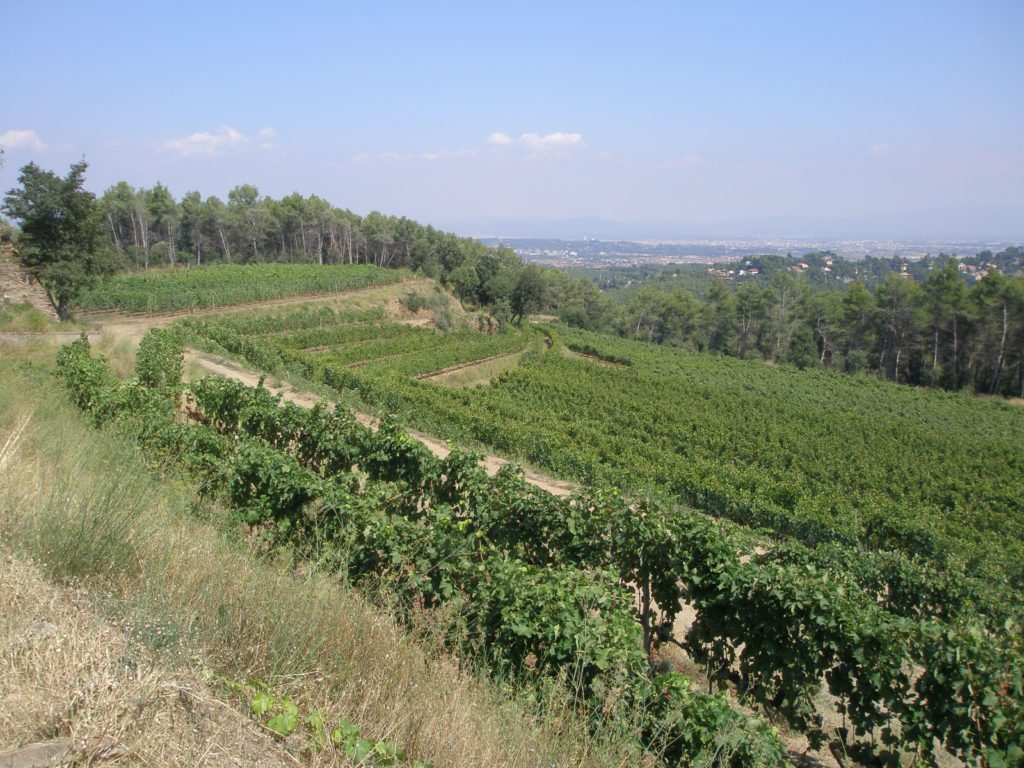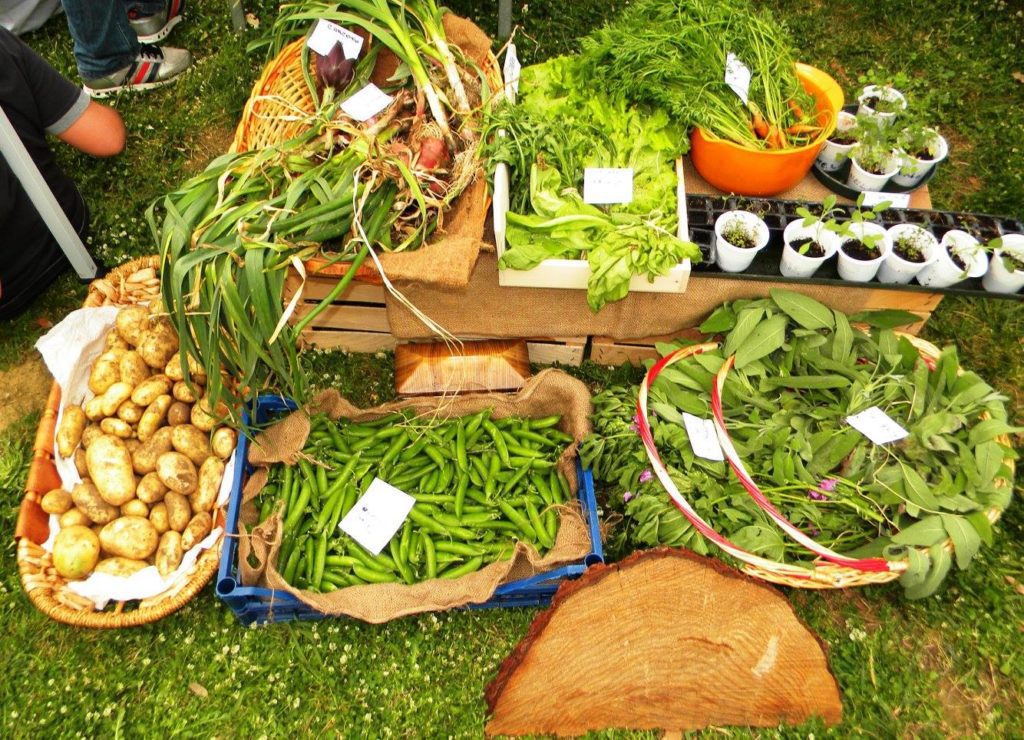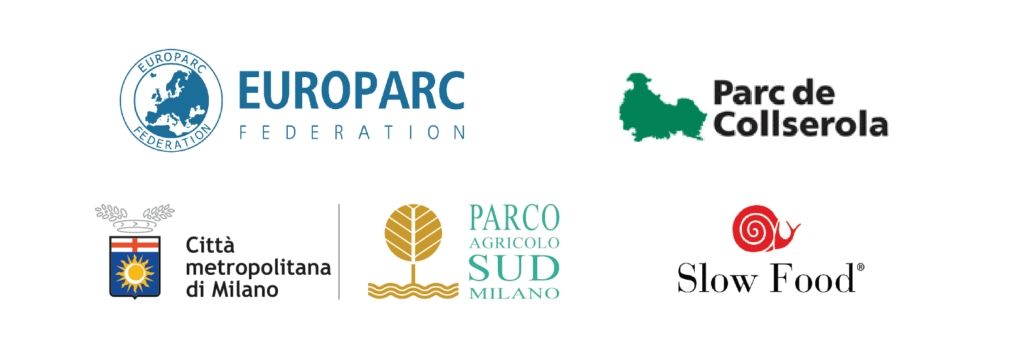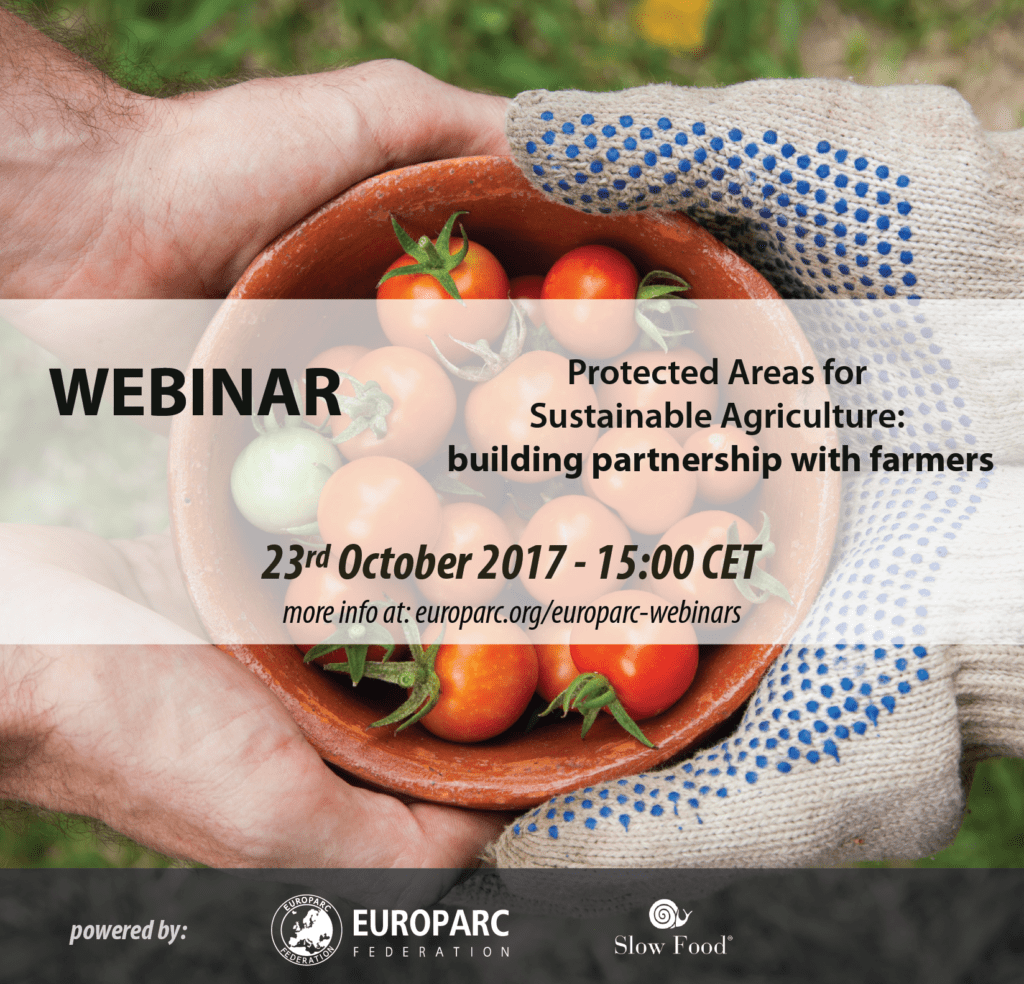Webinar: Protected Areas for Sustainable Agriculture – building partnership with farmers
23rd October 2017, 15:00 CET (Central Europe Time)
In Europe, agriculture and cattle breeding are fundamental for many Protected Areas. Indeed, the protection of some specific landscapes, habitats and species depends on farming activities. Agriculture builds up the identity of local communities with tastes and long-lasting traditions, promoting cultural heritage and social cohesion. In some areas, farming activities are essential for the local economy, and are interconnected with tourism and other economic sectors.
Nevertheless, without environment-friendly practices, agriculture and cattle breeding can have huge negative impacts, dramatically contributing to biodiversity loss, impoverishment of soils and erosion, depletion and contamination of water and air pollution – affecting nature and human well-being. Hence, to build alliances and mutual understanding with farmers is crucial for many Protected Areas managers.
Diversity & partnerships: working together towards a green economy
The situation of agriculture in Europe is highly variable, and differences can be seen in:
- Scale: from the small subsistence agriculture (e.g. some parks in Eastern Europe) to big agroindustry and extensive agriculture (e.g. parks in the Netherlands or Germany);
- Location: farming in remote areas (e.g. in the Alps) or near big cities (e.g. within periurban parks);
- Type of production: simple products for local markets or very high-profit productions (e.g. parks in the Champagne’s area);
- Type of approach: the traditional local farmers vs new “hobby” farmers.
This means, for Protected Area managers who are looking for local solutions, that their stakeholders might have diverse attitudes, approaches, dimension, and needs. There is no one solution to fit all situations. To build effective dialogue and partnerships profitable for everyone, protected areas need to be aware of this diversity.
With this Webinar, we will explore two examples of strong collaborations between Protected Area authorities and farmers, involving also other actors such as public bodies, universities and NGOs. We will see how these partnerships provide benefits both for nature conservation and for the local economy, and can be a practical way to promote green economy in rural territories.
The 1st webinar on sustainable agriculture
On the 23rd October, EUROPARC is organising a free webinar for all those interested in Sustainable Agriculture. Protected Area professionals, farmers, NGO representatives, Public organisations are all welcomed to join us. Participation is free but registration is needed, please register here.
The webinar will be introduced by Stefania Petrosillo, Policy Officer of the EUROPARC Federation. Stefania represents EUROPARC in debates and events held in Brussels regarding Agriculture (as well as other topics related to Protected Areas) and she is supporting the internal EUROPARC Commission on Protected Areas and Agriculture.
Case Study 1 – Promoting open spaces with farmers in a forest park, as means to increase biodiversity
by Seán Cahill and Joan Vilamú, Serra de Collserola Nature Park, Catalonia
The loss of a mosaic landscape causes loss of biodiversity. Due to the expansion of forest, mainly because of the abandonment of farming activities, some species that depend on open spaces have declined. To counterbalance this situation, the Park is promoting several actions with a participatory approach with farmers: the recovery of farming activities where these are viable, and the maintenance of open spaces through the use of grazing animals.
Seán Cahill is a Biologist at Collserola Park’s Biological Station. Working on wildlife and biodiversity monitoring in general, with expertise in wildlife conservation and related conflicts in this highly anthropogenic metropolitan protected area subject to multiple peri-urban pressures.
Joan Vilamú is a technical agricultural engineer of the Park, working on the management of topics related to agriculture and livestock in the area.

Agricultural landscape in Serra de Collserola Nature Park
Case Study 2 – Food de-mediation and multi-functionality in a periurban park
by Paolo Bolzacchin and Alessandro Cecchini, Slow Food Lombardia
“Feeding Milan. Energies for change” was a 5 years framework research prgramme (promoted by Slow Food Italia, Politecnico di Milano-INDACO dept. and University of Gastronomic Science) which addressed the Milanese regional food development. The project concerned the territory and the farmers of the Parco Agricolo Sud Milano. The framework strategy of the project aimed to promote the values of “zero mile food” and new activities – as the earth market – for proximity leisure and local tourism. It also supported existing best practices; and aimed at building new food networks based on the two main concepts:
- de-mediation – in order to shorten up the agri-food chain
- multi-functionality – in order to promote economies of scope among the farmers (Economies of scope: “efficiencies formed by variety, not volume” as an opposite of economies of scale)
The project was carried out with public funds (the municipality of Milan, Milan South Agricultural Park) and private (banking foundation Cariplo).
Paolo Bolzacchini is an Agronomist and the Vice President of Slow Food Lombardia, and Alessandro Cecchini is a food engineer working in the Biodiversity area of Slow Food Lombardia.

Vegetables from the garden by Slow Food Italy
EUROPARC and Sustainable Agriculture
EUROPARC is working to enhance the good practices being done by Protected Areas to promote sustainable agriculture. Indeed, for the past months we have developed several initiatives within the topic of Sustainable Agriculture, among them:
- the Siggen Seminar 2017 for managers on Protected Areas for Sustainable Agriculture: Sharing experiences,
- the Seminar/dialogue with European Commission-DG ENVI Partnerships for biodiversity: European policies and the role of Protected Areas,
- the EUROPARC’s Agriculture and Protected Areas Commission, working to identify tools to promote people and nature-friendly agriculture across European Protected Areas.
Moreover, EUROPARC has currently an active dialogue with the European Union and other European NGOs about the Common Agricultural Policy and other EU policies on biodiversity. For more information about what is going on in Brussels about the topic follow this page: europarc.org/toolbox/sustainable-agriculture
Event organised by

